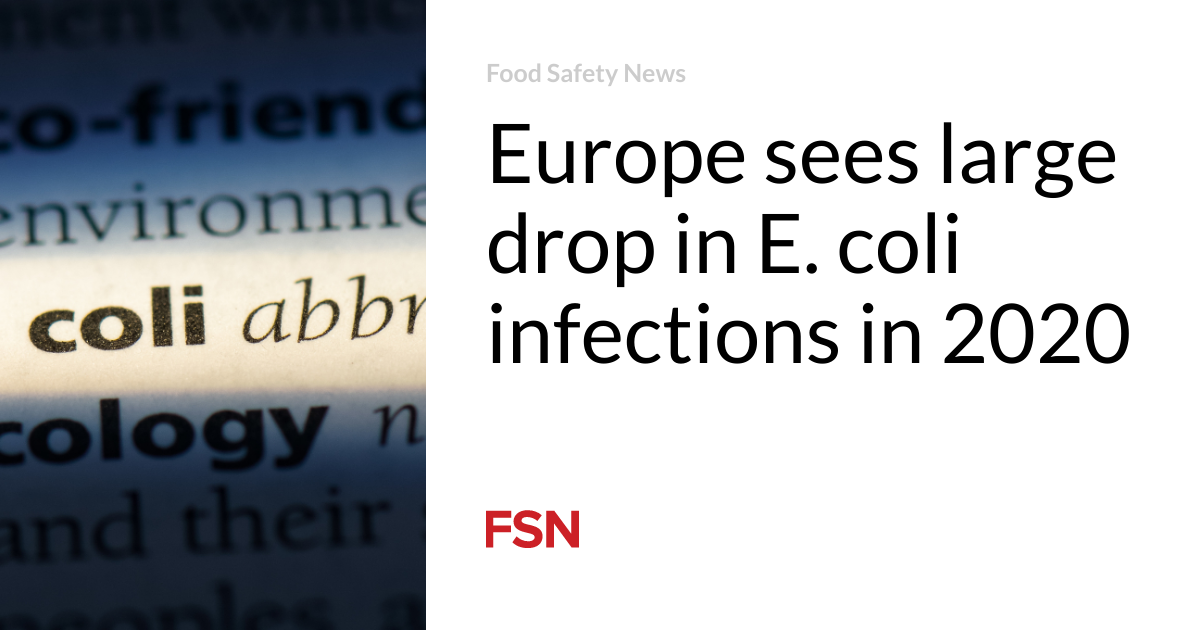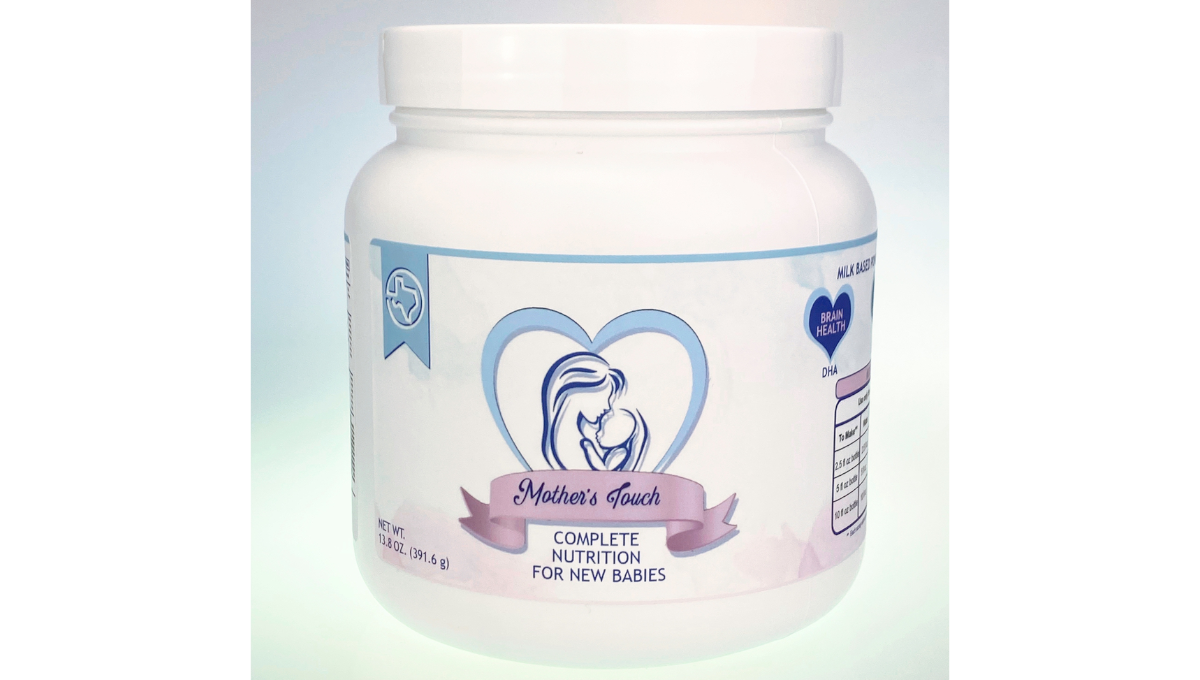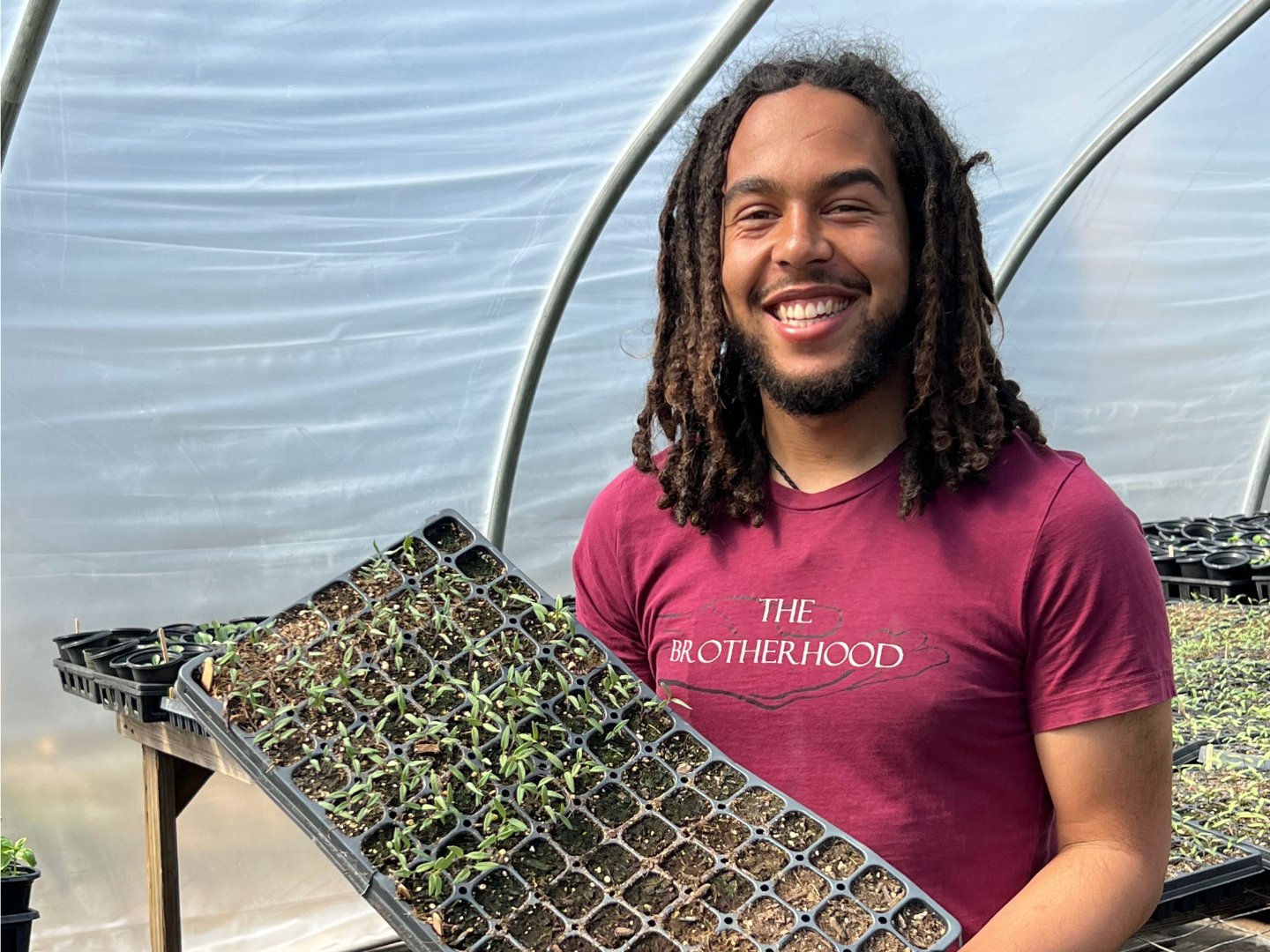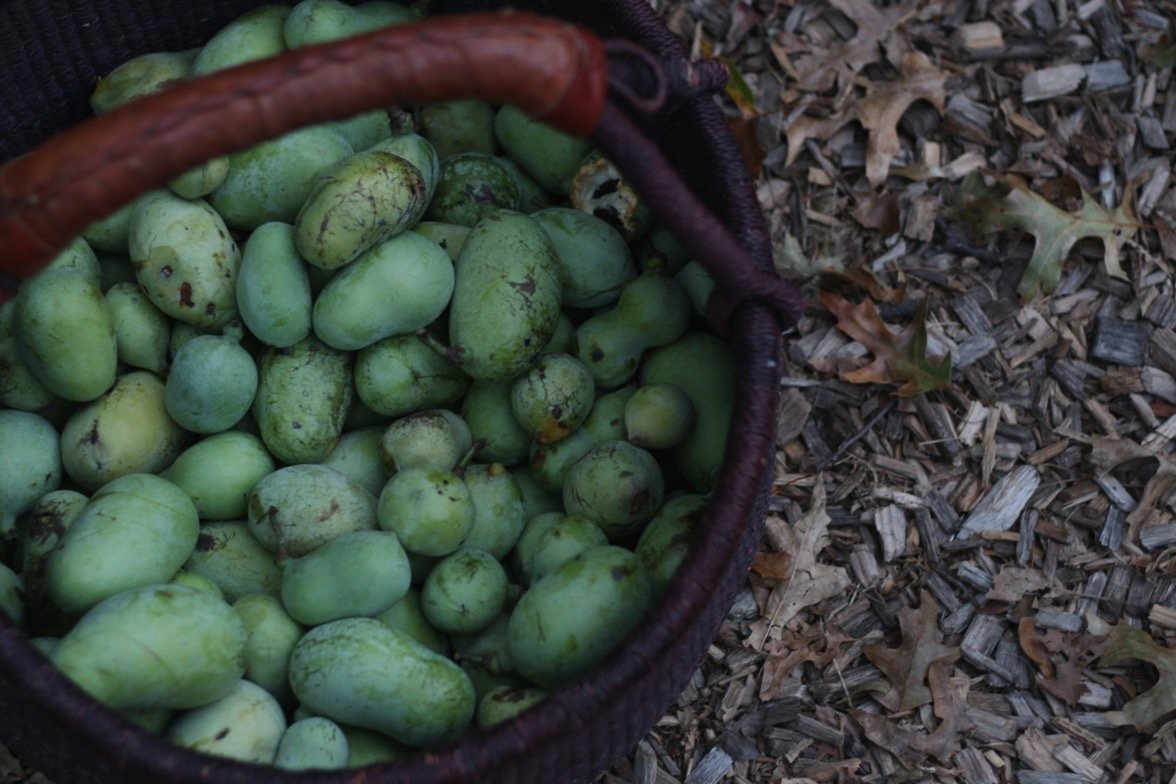Believing in certain food safety myths may increase the risk of illness, according to a study.
Researchers looked at how misinformed unscientific beliefs and the consequences of lacking science-based food safety knowledge could impact health.
Many people in the UK, Germany, and Norway believe in food safety myths but views vary by country. Believing in some of these myths puts people at higher risk of contracting a foodborne illness, found the study published in Food Control.
After collecting more than 150 food safety myths across Europe from partners of the SafeConsume project, 47 were included in a survey.
Vegetarians don’t get food poisoning?
Researchers conducted a web-based survey with more than 3,000 consumers from the UK, Germany and Norway to investigate what myths people believe to be true, and if this influenced gastroenteritis incidence and prevalence. People were asked if they disagreed or agreed with the statements.
Results show that many people believe in food safety myths and this correlates positively with gastroenteritis incidence and prevalence.
The largest links were observed for beliefs about eggs such as storing them at room temperature and eating raw eggs to cure a hangover; that a wooden cutting board, and chili, wasabi and marinades kill bacteria; that vegetarians don’t get food poisoning; and that eating dirt and having diarrhea is good since it cleans out the stomach.
Gastroenteritis incidence data came from another SafeConsume survey in 2019. Analysis was conducted on data from the acceptance of food safety belief statements and the prevalence and incidence of gastroenteritis episodes reported.
In Germany, more people thought that if you heat healthy foods too much they lose their healthiness; once food has been cooked, all bacteria have been killed and it is safe to eat and chicken should be washed before consumption.
More people in the UK think the old traditional way of making food was better than modern methods and all food should be kept at 2 degrees C (33.8 degrees F). Norwegians were likely to believe that if food smells and tastes fine, it is safe to eat. Other myths included only eating oysters if there is an “r” in the name of the month and the five-second rule for food that has been on the floor.
Impact of some myths
Researchers identified eight categories of beliefs ranging from views about heating, about what food is the safest, about what kills bacteria, about hygiene and superstitious beliefs. People form beliefs first and then look for evidence to support them.
A high percentage of consumers believed that organic is safer than conventionally farmed food.
Three beliefs linked with Campylobacter and chicken: bacteria do not survive on wooden cutting boards, salt kills everything dangerous and chicken should be washed before preparation, correlate significantly with gastroenteritis prevalence.
Despite several campaigns warning of the risks of washing chicken, many consumers continue to do it before cooking and this was confirmed in the study as more than half of respondents agreed that chicken should be washed before preparation.
On average, 15 percent of respondents agreed that the best hangover breakfast is a raw egg. Consumption of raw egg products is a risk factor for salmonellosis.
A fifth of the respondents believed that eggs stored in the refrigerator are less safe than those kept at room temperature. Storing eggs in the fridge will prevent bacteria growth but they can be contaminated at the time of laying.
Future studies need to investigate why beliefs in food safety myths correlate with gastroenteritis incidences and prevalence. Other work should look at behavior change methods, including correcting false beliefs.
(To sign up for a free subscription to Food Safety News, click here.)











